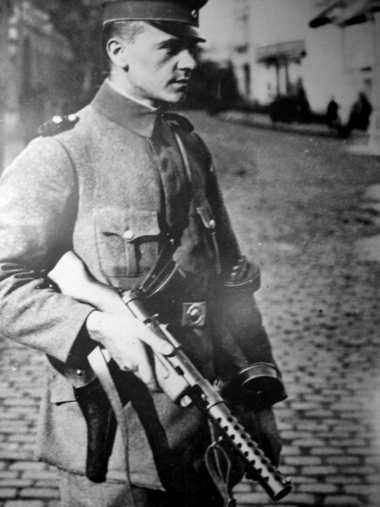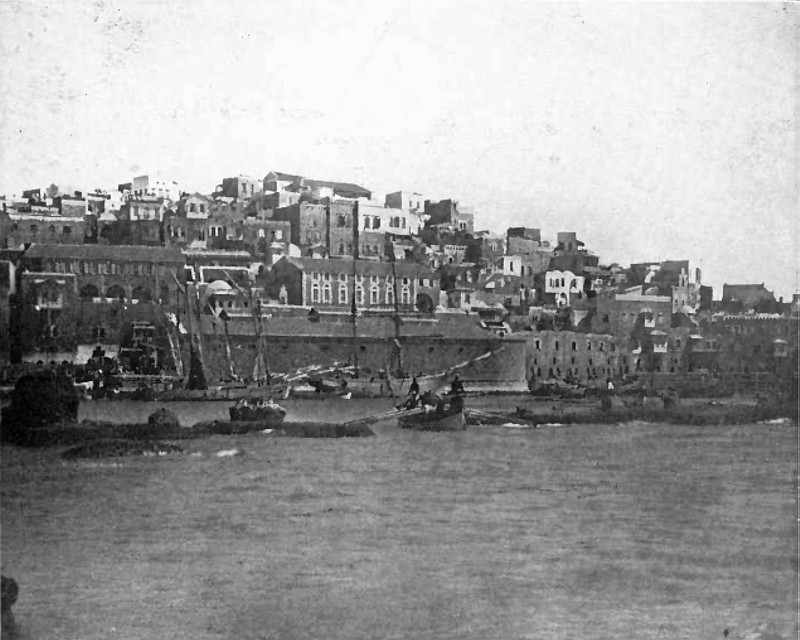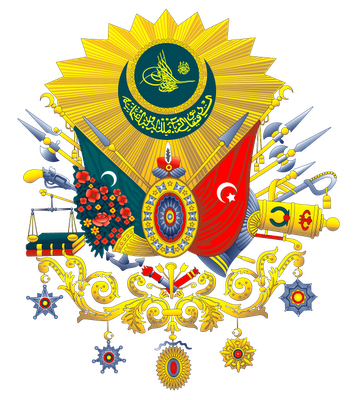GM Note: In the year 1926, I shall be changing the way orders are submitted. It was not made clear this turn as I received some interesting combinations. In doing this, I shall be borrowing from World in Revolution: 1815. Great Powers, nations ranked 1-8, shall be entitled to 1 Taxation Order, 1 National Focus Order, 3 Normal Orders, 4 War Orders/Lines of a Warplan, 2 Colonial Orders, and 1 Treaty Order. Every other nation is entitled to 1 Taxation Order, 1 National Focus, 2 Normal Orders, 3 War Orders/Lines of a War Plan, 1 Colonial Order, and 1 Treaty Order.
National Focuses, as you may guess, are new. They are special orders that you can place that will never roll below a 4. In most cases this means it is a guaranteed success, just depends on how much it costs. For the purpose of this game, you may NOT set a National Focus on anything having to do with the Military or Warfare. Anything else is completely open.
National Focuses, as you may guess, are new. They are special orders that you can place that will never roll below a 4. In most cases this means it is a guaranteed success, just depends on how much it costs. For the purpose of this game, you may NOT set a National Focus on anything having to do with the Military or Warfare. Anything else is completely open.
Last edited:















1922d.gif)

